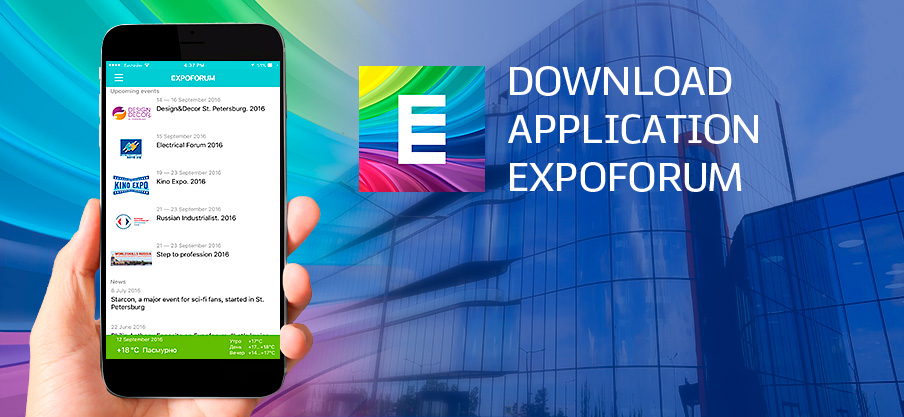Russian Shipbuilders Discussed the Current State of Import Phase-Out and Localization
The online seminar on Practical Aspects of Import Phase-Out and Localization in Russian Shipbuilding took place on September 18.
Victor Tsuker from information and publishing company Morskoy Peterburg (‘Maritime Petersburg’) acted as a moderator to set a required tone for the upcoming webinar: ‘Objectives we pursue today are to inform Russian manufacturers of marine accessory equipment about the current situation in the industry, promising directions related to certain shipbuilding projects and the next measures of state support. We’ll talk about complicated conditions that are a challenge for all of us.’
Oleg Kvasnikov, Deputy CEO of Lazurit Central Design Bureau JSC, told about marine materials for projects of Zvezda Shipbuilding Complex.
"A special division was created in the design bureau to ensure procurements of a shipbuilding facility. Undoubtedly, we try to work on import phase-out in terms of both associated accessory equipment and marine materials. However, currently when faced with a problem of equipment installation we practically never have time to hold research and development. As a rule, everything happens in the construction process. That’s why we try to look for either the companies that provide serial products or those that are ready to refine their products under technical supervision of the Registry of Shipping. That’s the main requirement. Also, it’s where we face deadlines. We can’t include requirements for the Russian products, since there is no technical feasibility to purchase national equipment in accordance with the Decree No. 719. There’s one loophole only – the Government Decree No. 925 ‘On the Priority of Russian Goods’. It gives a huge head start in terms of costs. All our customers are commercial. It’s always critical to remember that shipbuilders are under pressure of their contracts. The price is ‘set’, and it’s practically impossible to reach an agreement with anybody", – the speaker complained.
Oleg Kvasnikov suggested conducting joint analysis (since the state estimation scoring system has not been adopted yet) to document actual indicators of import phase-out that can be aimed at certain tasks.
The discussion was resumed by Dmitry Stoyanov, Deputy CEO for Civil Marine Equipment of Central Research and Development Institute Kurs JSC. He described the measures of state support for import phase-out and localization in shipbuilding and identified goals, objectives and mechanisms for implementation of import phase-out in the shipbuilding industry: "There are the following goals: to provide national security in the Russian Federation, to reach technological independence in critical areas, to develop existing and promising productions and technologies. Tasks mean the following: expansion of production to manufacture high-technology, science-driven ships and marine equipment for offshore mining, as well as increasing a share of national marine accessory equipment in ships that are being designed, repaired or modernized, and other floating facilities".
Dmitry Stoyanov emphasized the Government Decree No. 719 On Confirmation of Industrial Goods Production in the Territory of the Russian Federation. The project of the Decree includes application of a transition mechanism to start using the localizaton level estimation scoring system. A transition to the scoring system means implementation of a more flexible and convenient approach to formation and implementation of products, when customers who order ships and wharves can choose what items of marine accessory equipment they can use to gain enough scores considering technological characteristics of a ship. Ideas behind the Decree include prospects of regulatory framework development for import phase-out, driving manufacturers and customers to make ships with a higher level of localization, and a more flexible way to implement statutory regulation in the industry.
Vitaly Kochurov, Head of the Supplier Audit and Import Phase-Out Department of the Office for Supplier Development and R&D Coordination, dedicated his speech to phase-out of marine equipment at fishing vessels that are constructed in United Shipbuilding Corporation JSC.
"In 2020, Nevskoe Design Bureau PJSC within USC Group has designed a project of a module multipurpose dry cargo ship – Finval 8000. In July 2020, the Office for Supplier Development and R&D Coordination organized a meeting for potential Russian suppliers of marine accessory equipment. Over 40 suppliers took part in the meeting. Currently Nevskoe Design Bureau PJSC actively receives commercial offers for marine accessory equipment for this project. Moreover, we plan to launch an open supplier channel that will be integrated into USC and USC’s immediate groups, Nevskoe Design Bureau itself and wharves. Now the preparation stage is practically finished, so we’ll gradually stop a test mode for procurement procedures; the portal will cover all issues related to Russian and foreign suppliers. It will facilitate the search a bit", – the expert noted.
Dmitry Krylov, 51 Central Design And Technological Institute of Ship Repair JSC, introduced the process of working out design-engineering documents – both for preparation to establishment of a ship repair facility and for modernization and conversion of ships, including vessels of foreign manufacture, to participants of the online conference.
"Issues of replacement of nonrepairable, outdated or broken-down equipment of foreign manufacture have always been relevant for our organization. In practice, we have managed to find replacement for the following equipment categories: pumping equipment, ventilation equipment, air compressors, separators, etc. However, when replacement for national products occur, a need for extra works arises, since this equipment is not the same as one installed at other navy vessels. Eventually, it influences the customer’s decision. I would like to draw your attention to the fact that the national industry can’t offer identical replacements for some categories", – he expressed his opinion as a professional of the industry.
According to Konstantin Knyazevsky, Deputy CEO for Fleet Construction of FSUE Atomflot, a nuclear-powered icebreaker differs from a transport vessel somehow, since basic equipment is equipment that is designed for a certain area. The speaker identified bullet points of the use of Russian equipment for construction of nuclear-powered icebreakers LK-60 and names a dew the organization was currently working on. For example, a universal icebreaker Arktika is currently 99.9% ready. Technical readiness of Sibir icebreaker is 75.2%. The next stage of fitting-out is loading nuclear fuel in 2020, as well as docking and running trials in 2021. The 2nd commercial icebreaker Ural is 57% ready. Besides, projects for the 3rd commercial icebreaker Yakutia and the 4th one – Chukotka – are implemented.
Gazprombank (Joint Stock Company) served as a sponsor of the webinar.

 Calendar
Calendar
 Online application
Online application
 Map
Map
 How to get
How to get


